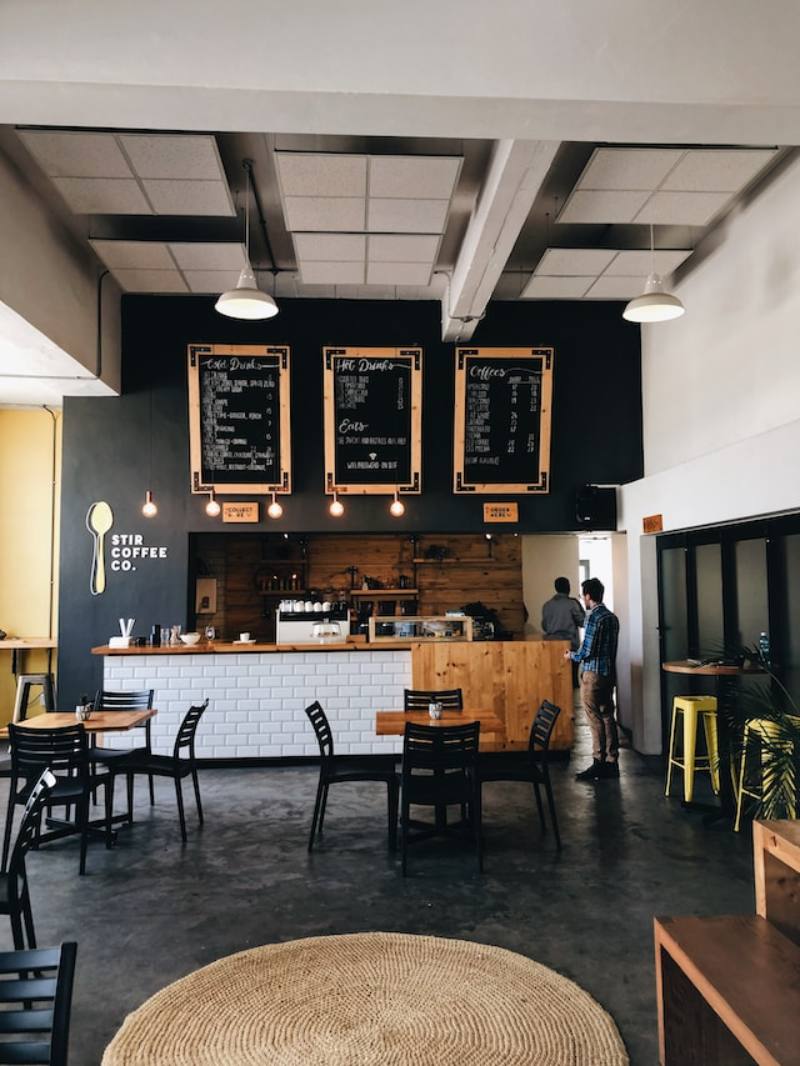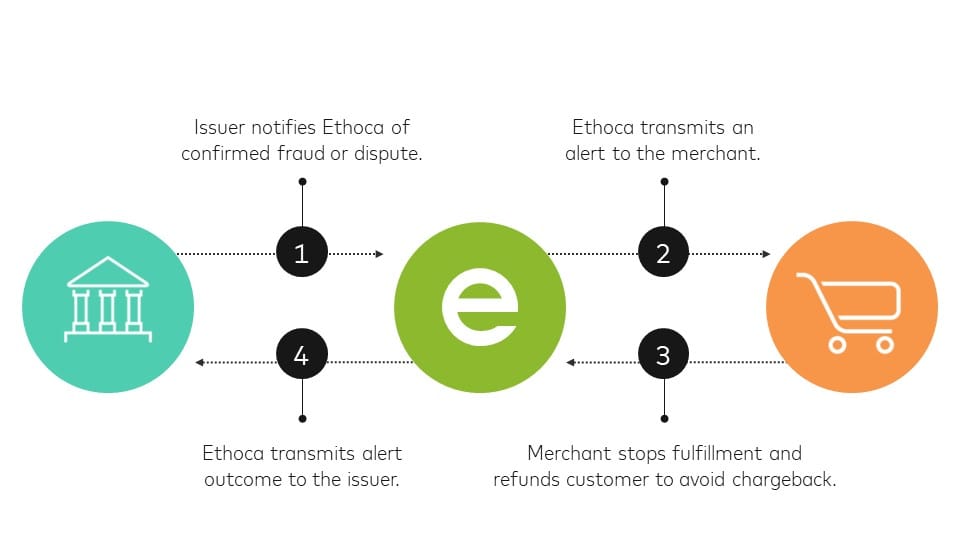
SuperPay helps cafe owners like yourself get paid as quickly as possible. Choose our platform to power your payments & billing.
Welcome to our blog post on the regulatory challenges faced by cafes. As the popularity of cafes continues to rise, so does the need for owners and operators to navigate a complex web of regulations. From health and safety guidelines to food and beverage regulations, labor laws, and environmental compliance, cafes must ensure they meet all the necessary requirements to operate legally and responsibly.
In this blog post, we will delve into the various regulatory landscapes that cafes must navigate. We will explore the importance of health and safety regulations, the key regulations specifically applicable to cafes, and the challenges they present. Additionally, we will discuss food and beverage regulations, including common issues faced in this area and the compliance measures that can be implemented.
Labor and employment regulations also play a significant role in the operation of cafes. We will provide an overview of the labor laws and regulations that cafes must adhere to, and highlight potential challenges they may face in terms of staffing and employment practices. We will also discuss strategies to maintain compliance in a dynamic regulatory environment.
Finally, we will explore environmental regulations and their impact on the cafe industry. As sustainability becomes a growing concern, cafes must ensure they are meeting environmental compliance standards. We will identify the specific regulations cafes need to be aware of, the challenges they may face, and strategies for implementing green operations and maintaining compliance.
Navigating the regulatory landscape can be a daunting task for cafe owners and operators. However, by understanding the various regulations and challenges they present, cafes can proactively address compliance issues and ensure the smooth running of their operations. Join us as we explore the regulatory challenges faced by cafes and provide insights and strategies to overcome them.
Introduction: Understanding the Regulatory Landscape for Cafes
Cafes are more than just places to grab a cup of coffee or a quick bite to eat. They have become social hubs, meeting places, and even workspaces for many individuals. However, behind the scenes, cafe owners and operators face a multitude of regulatory challenges that can significantly impact their operations.
In this section, we will provide an overview of the regulatory landscape that cafes must navigate. Understanding the various regulations and their implications is crucial for cafe owners to ensure compliance and avoid potential penalties or legal issues.
Regulations governing cafes can vary depending on the country, state, or even the city in which they are located. These regulations are put in place to protect public health and safety, ensure fair labor practices, maintain food quality and hygiene standards, and promote environmental sustainability.
It is essential for cafe owners and operators to have a comprehensive understanding of these regulations to establish and maintain a successful and compliant business. Failure to comply with regulations can lead to fines, closure of the cafe, damage to reputation, and even potential harm to customers and employees.
Throughout this blog post, we will explore the specific regulatory challenges that cafes face in the areas of health and safety, food and beverage, labor and employment, and environmental compliance. By gaining a deeper understanding of these challenges, cafe owners can proactively address them and create a safe and sustainable environment for both their customers and employees.
Join us as we dive into the world of regulatory challenges in cafes and provide insights and strategies for overcoming these obstacles. By being well-informed and prepared, cafe owners can navigate the regulatory landscape with confidence and ensure the success of their establishments.
Health and Safety Regulations
Health and safety regulations are of paramount importance in the operation of cafes. Ensuring the well-being of customers and employees is not only a legal obligation but also essential for maintaining a positive reputation and providing a safe environment. In this section, we will explore the significance of health and safety regulations for cafes, delve into the key regulations that apply to them, and discuss the challenges they present along with potential compliance strategies.
Importance of Health and Safety Regulations
Cafes are bustling establishments with numerous potential hazards. It is crucial to prioritize the health and safety of both customers and employees to prevent accidents, injuries, and illnesses. Adhering to health and safety regulations not only protects individuals but also demonstrates a commitment to providing a safe and enjoyable experience for everyone.
Compliance with health and safety regulations also helps to mitigate legal and financial risks. Non-compliance can result in costly penalties, legal disputes, and damage to the cafe's reputation. By prioritizing health and safety, cafes can create a positive work environment, reduce the risk of accidents, and build trust with customers.
Key Health and Safety Regulations for Cafes
Occupational Health and Safety Act: This legislation sets out the general duties of employers to ensure the health, safety, and welfare of their employees. It covers areas such as hazard identification, risk assessment, training, and the provision of personal protective equipment.
Food Safety Regulations: Ensuring the safe handling, preparation, and storage of food is essential for cafes. Compliance with food safety regulations, such as the Hazard Analysis and Critical Control Points (HACCP) system, helps prevent foodborne illnesses and ensures the quality and integrity of the food served.
Fire Safety Regulations: Fire safety is a critical aspect of health and safety in cafes. Compliance with fire safety regulations includes implementing fire prevention measures, maintaining fire extinguishers and alarms, conducting regular safety inspections, and providing staff training on emergency procedures.
Safe Work Practices: Implementing safe work practices is essential to minimize the risk of accidents and injuries in cafes. This includes proper handling of hot liquids, safe use of equipment, regular maintenance and inspection of machinery, and ensuring proper ergonomic conditions for employees.
Challenges and Compliance Strategies
Cafes face various challenges when it comes to complying with health and safety regulations. These challenges include high staff turnover, language barriers, limited resources, and the need to adapt to evolving regulations.
To overcome these challenges, cafes can implement several compliance strategies. These include:
- Developing comprehensive health and safety policies and procedures.
- Providing regular training and education to employees on health and safety practices.
- Conducting regular inspections and risk assessments to identify and address potential hazards.
- Establishing clear communication channels for reporting health and safety concerns.
- Engaging with local health and safety authorities to stay updated on regulations and best practices.
- Investing in appropriate safety equipment and ensuring its proper maintenance.
- Encouraging a culture of safety and accountability among all staff members.
By prioritizing health and safety and implementing effective compliance strategies, cafes can create a safe and welcoming environment for both customers and employees. In the next section, we will delve into the specific regulations governing the food and beverage aspect of cafe operations.

Food and Beverage Regulations
Food and beverage regulations play a crucial role in ensuring the quality, safety, and integrity of the products served in cafes. Compliance with these regulations is essential to protect the health and well-being of customers and maintain the reputation of the establishment. In this section, we will explore the specific regulations that cafes must adhere to in the realm of food and beverage, discuss common regulatory issues faced by cafes, and provide compliance measures and techniques.
Understanding Food and Beverage Regulations
Food and beverage regulations encompass a wide range of requirements aimed at safeguarding public health and ensuring the quality of the products consumed. These regulations cover various aspects, including food handling, storage, labeling, and hygiene practices.
Understanding these regulations is essential for cafes to maintain compliance and provide customers with safe and high-quality food and beverage options. Failure to meet these regulations can result in penalties, legal consequences, and damage to the reputation of the cafe.
Common Regulatory Issues in Food and Beverage Service
Food Safety: Ensuring food safety is a top priority for cafes. Common regulatory issues in this area include improper storage and handling of perishable goods, inadequate temperature control, cross-contamination, and failure to maintain hygiene practices. These issues can lead to foodborne illnesses and pose risks to customer health.
Allergen Management: With the increasing prevalence of food allergies, cafes must be diligent in managing allergens. Failure to accurately label allergens or prevent cross-contamination can lead to severe allergic reactions and legal consequences.
Menu Labeling: Many jurisdictions require cafes to provide accurate and clear information about the nutritional content and ingredient listing of their menu items. Non-compliance with menu labeling regulations can result in fines and negative customer perceptions.
Licensing and Permits: Cafes must obtain the necessary licenses and permits to operate legally. These may include food handling permits, alcohol licenses, and health department inspections. Failure to obtain the required licenses can lead to closure of the cafe and legal consequences.
Compliance Measures and Techniques
To ensure compliance with food and beverage regulations, cafes can implement the following measures:
- Food Safety Training: Providing comprehensive training to all staff members on food safety practices, including proper handling, storage, and hygiene protocols.
- Hazard Analysis and Critical Control Points (HACCP): Implementing a HACCP system helps cafes identify and control potential hazards throughout the food production process.
- Allergen Management Protocols: Establishing clear procedures for preventing cross-contamination and accurately labeling allergens to protect customers with food allergies.
- Menu Labeling Compliance: Ensuring accurate and transparent menu labeling by providing nutritional information, ingredient listings, and allergen warnings.
- Regular Inspections and Audits: Conducting internal inspections and audits to identify any areas of non-compliance and rectify them promptly.
- Supplier Verification: Verifying the quality and safety standards of food and beverage suppliers to ensure compliance with regulations.
By implementing these compliance measures, cafes can meet food and beverage regulations, protect the health of their customers, and maintain a positive reputation. In the next section, we will explore the labor and employment regulations that cafes must navigate.
Labor and Employment Regulations
Labor and employment regulations are critical for ensuring fair and equitable practices within cafes. These regulations govern various aspects of employment, including recruitment, wages, working hours, and employee rights. In this section, we will provide an overview of the labor laws and regulations that cafes must adhere to, highlight potential challenges they may face, and discuss strategies for maintaining compliance in a dynamic regulatory environment.
Overview of Labor Laws and Regulations
Minimum Wage Laws: Most jurisdictions have minimum wage laws that establish the minimum hourly rate that employers must pay their employees. Cafe owners must be aware of the minimum wage requirements in their location and ensure compliance.
Working Time Regulations: These regulations set limits on working hours, including maximum working hours per week, rest breaks, and time-off entitlements. Compliance with working time regulations is essential to prevent employee burnout and maintain a healthy work-life balance.
Employee Contracts and Rights: Labor laws require cafes to provide written employment contracts that outline the terms and conditions of employment. Additionally, employees have rights related to fair treatment, equal opportunities, and protection against discrimination and harassment.
Health and Safety in the Workplace: Labor laws also encompass health and safety regulations, requiring cafes to provide a safe working environment, conduct risk assessments, and provide appropriate training and protective equipment.
Potential Challenges and Solutions for Cafes
Cafes face several challenges in maintaining compliance with labor and employment regulations:
Staffing and Scheduling: The nature of the cafe industry often involves fluctuating demand and unpredictable staffing needs. Ensuring proper staffing levels and managing schedules while complying with labor laws can be challenging. Solutions may include effective workforce planning, flexible scheduling options, and proper documentation of working hours.
Employee Classification: Determining the correct classification of employees, such as full-time, part-time, or casual, is essential for compliance. Misclassifying employees can lead to legal issues and financial penalties. Cafes should review and understand the criteria for different employee classifications to ensure accurate classification.
Employee Rights and Fair Treatment: Cafes must be aware of and comply with laws regarding fair treatment, equal opportunities, and protection against discrimination and harassment. Implementing clear policies and procedures, providing training, and establishing a culture of respect and inclusivity can help address these challenges.
Record-Keeping and Documentation: Labor laws often require cafes to maintain accurate records of employee hours, wages, and employment contracts. Establishing effective record-keeping systems and ensuring proper documentation can help cafes meet their reporting obligations.
Maintaining Compliance in a Dynamic Regulatory Environment
To maintain compliance with labor and employment regulations, cafes can adopt the following strategies:
- Regularly review and stay updated with labor laws and regulations applicable to the cafe industry.
- Establish clear policies and procedures that align with labor laws and communicate them to all employees.
- Provide comprehensive training to managers and staff on labor laws, employee rights, and fair employment practices.
- Implement effective record-keeping systems to accurately track employee hours, wages, and contracts.
- Seek legal counsel or HR expertise to ensure compliance with labor laws and resolve any compliance issues.
By understanding labor and employment regulations and implementing proactive compliance strategies, cafes can foster a positive work environment, protect employee rights, and avoid legal and financial consequences. In the next section, we will explore the specific environmental regulations that cafes must navigate.
Environmental Regulations
Environmental regulations are becoming increasingly important for cafes as sustainability and responsible business practices gain prominence. These regulations aim to minimize the environmental impact of cafes, reduce waste generation, and promote eco-friendly operations. In this section, we will explore the specific environmental regulations that cafes need to be aware of, discuss the challenges they may face, and provide strategies for achieving environmental compliance.
Understanding Environmental Regulations for Cafes
Environmental regulations encompass a wide range of requirements that cafes must adhere to. These regulations may include waste management, energy conservation, water usage, emissions control, and sustainable sourcing practices. Understanding and complying with these regulations are essential for cafes to reduce their ecological footprint and contribute to a more sustainable future.
Challenges in Achieving Environmental Compliance
Cafes face several challenges when it comes to achieving environmental compliance:
Waste Management: Proper waste management is crucial to minimize the environmental impact of cafes. However, challenges such as limited space, lack of recycling infrastructure, and staff training can hinder effective waste segregation and recycling practices.
Energy Consumption: Cafes consume significant amounts of energy, primarily for heating, cooling, lighting, and operating kitchen equipment. Reducing energy consumption and transitioning to more energy-efficient practices can be challenging, especially in older buildings or during peak operating hours.
Water Conservation: Water usage is another area where cafes can make a significant environmental impact. However, challenges such as water-intensive operations, water quality maintenance, and staff awareness can hinder efforts to conserve water.
Sustainable Sourcing: Many cafes strive to source ingredients and products sustainably, such as fair-trade coffee, organic produce, and eco-friendly packaging. However, challenges may arise in finding suppliers that align with sustainability values, as well as managing costs and maintaining quality standards.
Strategies for Green Operations and Compliance
To achieve environmental compliance and operate in a sustainable manner, cafes can implement the following strategies:
Waste Reduction and Recycling: Implement effective waste management practices, including proper waste segregation, recycling programs, and composting initiatives. Educate and engage employees and customers in waste reduction efforts.
Energy Efficiency: Conduct energy audits to identify areas of energy waste and implement energy-saving measures, such as using energy-efficient equipment, installing LED lighting, and managing heating and cooling systems efficiently.
Water Conservation: Install water-efficient fixtures, such as low-flow faucets and toilets, and implement water-saving practices in operations, such as reducing water use during cleaning and optimizing water usage in food preparation.
Sustainable Sourcing: Prioritize suppliers that align with sustainability values, such as those offering organic, locally sourced, and ethically produced products. Explore options for eco-friendly packaging and reduce single-use plastics.
Employee Education and Engagement: Train and educate employees on environmental practices and the importance of sustainability. Encourage their active participation in green initiatives and involve them in the decision-making process.
By implementing these strategies, cafes can reduce their environmental impact, meet regulatory requirements, and contribute to a more sustainable future. In conclusion, navigating the regulatory landscape can be challenging for cafes, but by understanding and addressing the specific challenges in health and safety, food and beverage, labor and employment, and environmental compliance, cafes can ensure the responsible and successful operation of their establishments.


